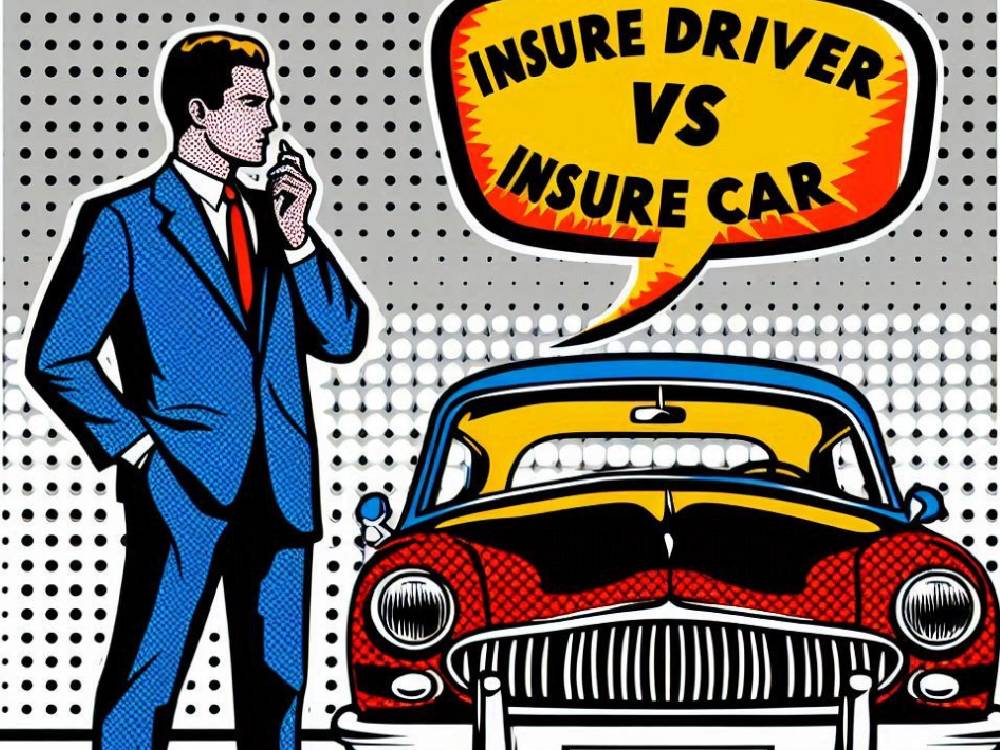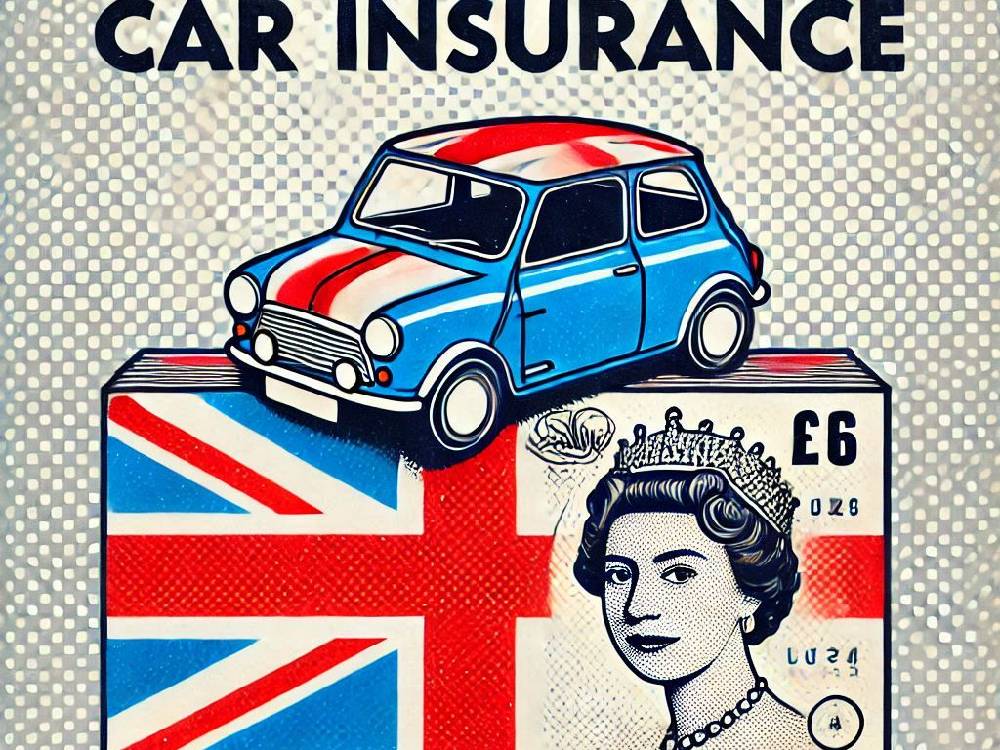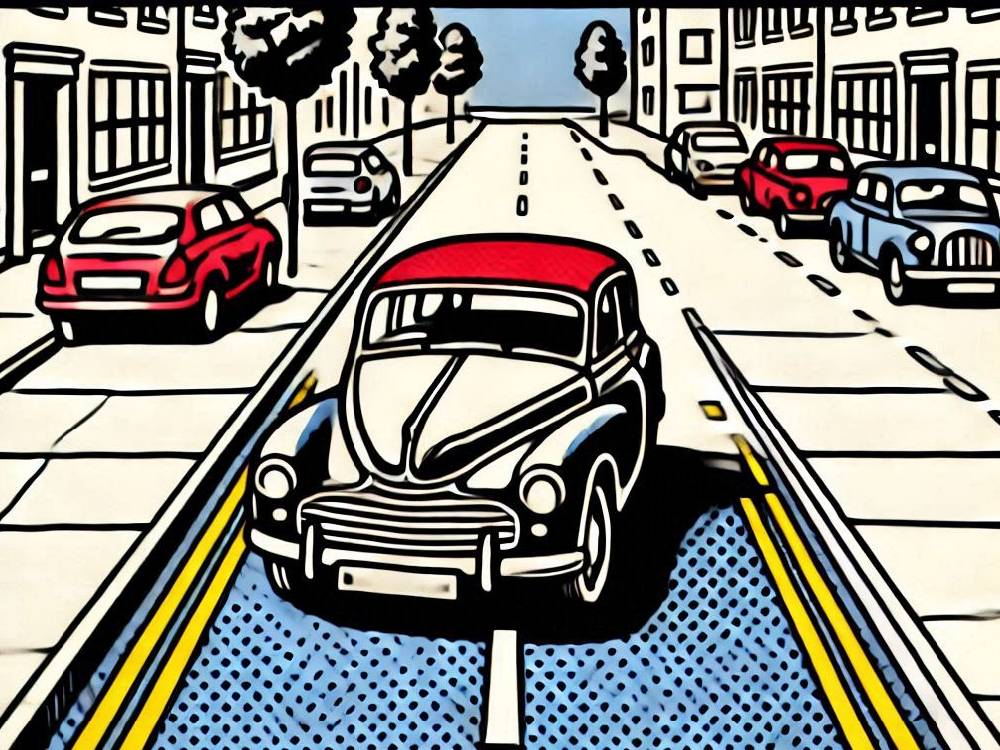Introduction
Revolution in coverage.
In a bold move, a recent parliamentary petition has surfaced.
It aims to fundamentally transform the UK’s car insurance landscape.
Consequently, this petition fervently advocates for a monumental shift.
This shift would move from insuring drivers to insuring cars.
This initiative proposes linking insurance coverage to the vehicle itself.
It would no longer depend on the individual behind the wheel.
Such a change promises to streamline costs.
It also extends more equitable insurance opportunities across varying demographics.
This is particularly beneficial for younger and older drivers.
As a result, they frequently face steep premiums due to their age and experience.
Overview of the parliamentary petition:
A call for insurance model reform to focus on vehicles, not drivers.
Potential benefits:
Lower insurance costs and broader accessibility.
Implications for demographics:
Particularly advantageous for young and elderly drivers facing high premiums.
Background On Current Car Insurance Coverage Practices
Currently, car insurance in the UK is predominantly driver-centric.
It focuses on individual risk factors such as age, driving history, and even gender.
This model assesses premiums based on the perceived risk associated with the driver.
This leads to significant disparities in insurance costs among different groups.
This traditional approach is tried and tested.
However, it often penalises younger or less experienced drivers with high costs.
But wait, there’s more.
Details Of The Parliamentary Petition
The genesis of the petition stems from public dissatisfaction with escalating insurance rates.
This is particularly true among vulnerable demographics.
The petition, therefore, highlights a critical view of the current model as potentially discriminatory.
As a solution, it advocates for a shift to vehicle-based insurance.
The movement has already garnered substantial support.
It needs 10,000 signatures for a government response and 100,000 to consider a parliamentary debate.
What happens next?
Analysis Of Driver vs. Car Coverage Insurance Models
By comparing the driver-focused model with car-only insurance, key advantages emerge.
Insuring the car instead of the driver could lead to a more straightforward, possibly fairer system.
This change would mean factors like age and driving records are less punitive.
However, it also raises questions about risk calculation and policy pricing.
These would now need to focus more on vehicle type, safety features, and theft rates.
But that’s not all.
Impact On Young Drivers
Young drivers stand to gain significantly from this proposed change.
Currently, those between the ages of 17 and 25 often face exorbitant premiums.
These reflect the higher risk statistics associated with their demographic.
By focusing on the vehicle, insurance costs could become more predictable.
This shift may also make coverage more affordable.
Premiums would be based on the car’s characteristics rather than extensive profiling.
Let’s dive deeper.
Case Studies Or Hypothetical Scenarios
Consider a scenario with two drivers—one aged 18 and the other 40.
Both drive identical, moderately safe vehicles.
Under the current system, the younger driver pays much more based on age alone.
With the new model, premiums would reflect the vehicle’s risk instead.
Think about it.
Explore more about young drivers and insurance.
Curious to learn more?
Learn more about car insurance options.
Challenges And Criticisms For Car Coverage
No solution is without its challenges.
However, switching to a car-only insurance model raises several concerns.
Most importantly, accountability issues and the risk of exploitation remain at the forefront.
Critics argue that without driver-specific premiums, there could be less incentive for individual responsibility.
Furthermore, how will claims be processed when multiple drivers use the same insured vehicle?
Expert Opinions And Industry Reactions
We’ve gathered insights from various insurance experts and policymakers.
Many express cautious optimism about the potential benefits of the proposed change.
However, they also stress the importance of careful implementation to avoid unintended consequences.
Additionally, industry leaders suggest that this model could lead to more competitive pricing and innovative insurance products.
Curious to learn more?
Future Prospects And Legislative Process
What are the next steps?
If the petition reaches 100,000 signatures, it prompts a parliamentary debate.
Moreover, this could pave the way for a trial or gradual implementation of the new model.
Therefore, the industry and consumers alike must stay informed and engaged in the process.
Stay tuned.
Conclusion
This debate is more than a policy discussion.
It’s about fairness and adaptability in insurance practices.
As we consider these changes, it’s crucial to balance innovation with safeguards to protect all parties involved.
By lowering costs, car insurance coverage could become more accessible.
This may lead to a major shift in the UK.
For a deeper dive into how these changes could affect you, check out our guide on navigating car insurance costs in the UK.
Also, explore what industry experts are saying about the future of car insurance here.













